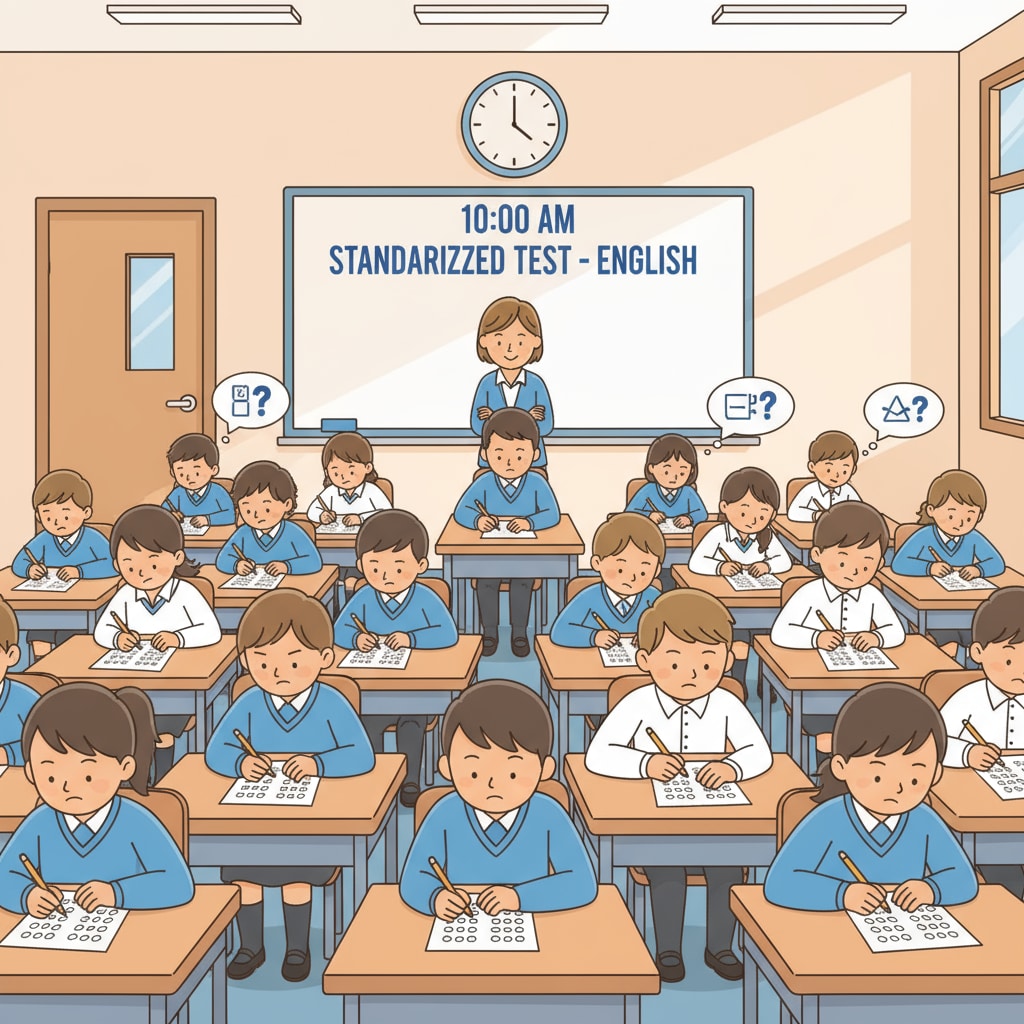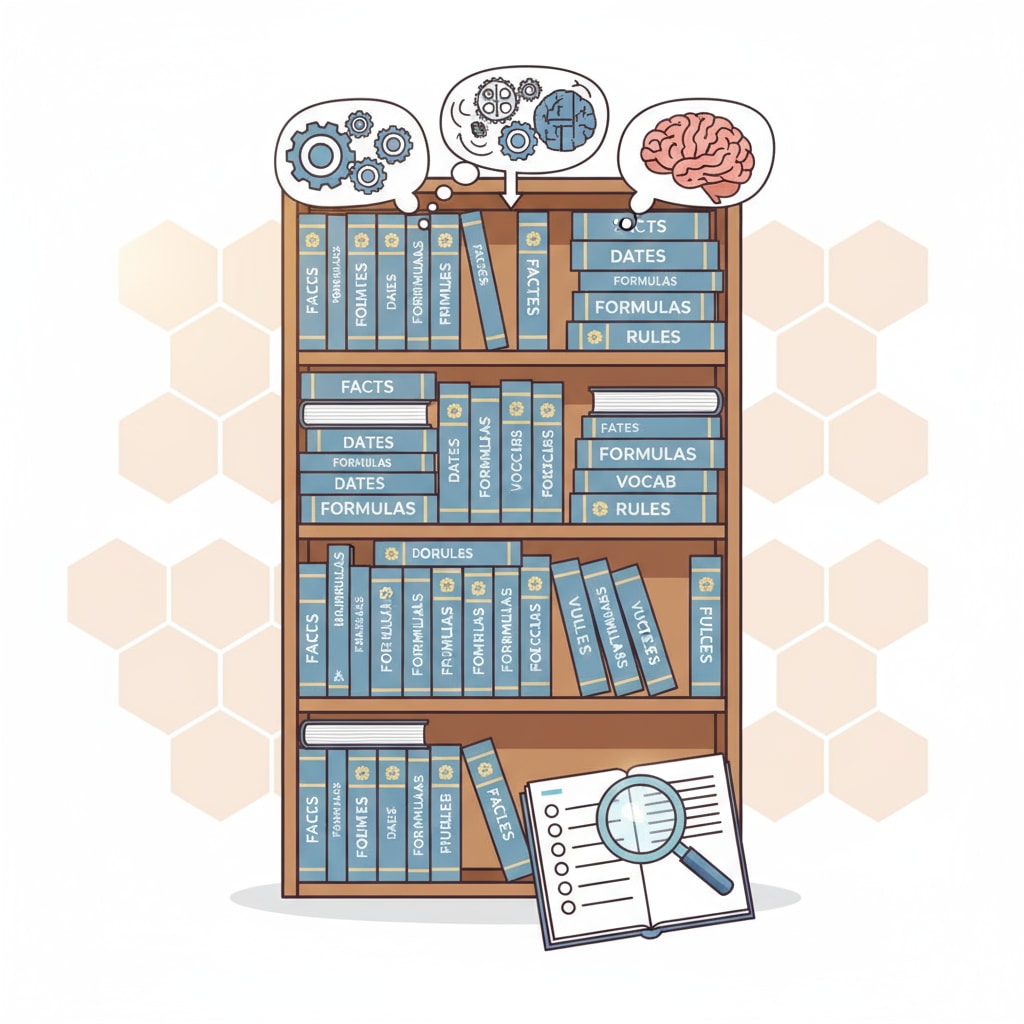Standardized tests, memory, and critical thinking are intertwined aspects in the realm of education. For years, standardized tests have been a cornerstone of the education system, but they often fall short in accurately gauging students’ real learning capabilities.

These tests typically emphasize rote memory, leaving little room for the assessment of critical thinking skills.
The Overemphasis on Memory in Standardized Tests
Most standardized tests are structured in a way that rewards memorization. Students are expected to recall facts, formulas, and dates. For example, in a history test, they might be asked to remember specific events and their timelines. This overemphasis on memory has several drawbacks. As per National Education Association’s research on standardized testing, it doesn’t encourage students to understand the deeper concepts or make connections between different ideas.

The Neglect of Critical Thinking
Critical thinking involves analyzing, evaluating, and synthesizing information. However, standardized tests rarely assess these skills comprehensively. Students are seldom required to think creatively or solve complex problems during these tests. A study by Edutopia on the impact of standardized tests reveals that the format of these tests often restricts students’ ability to demonstrate their critical thinking prowess.
To move forward, we need to develop assessment methods that go beyond the limitations of standardized tests. We should focus on evaluating students’ critical thinking skills and their ability to apply knowledge in real-world scenarios. This could involve project-based assessments, open-ended questions, and portfolio evaluations.
Readability guidance: The use of short paragraphs and lists helps summarize key points. Each H2 section has a related list. Passive voice and long sentences are kept in check. Transition words like ‘however’, ‘for example’ are used throughout the text.


